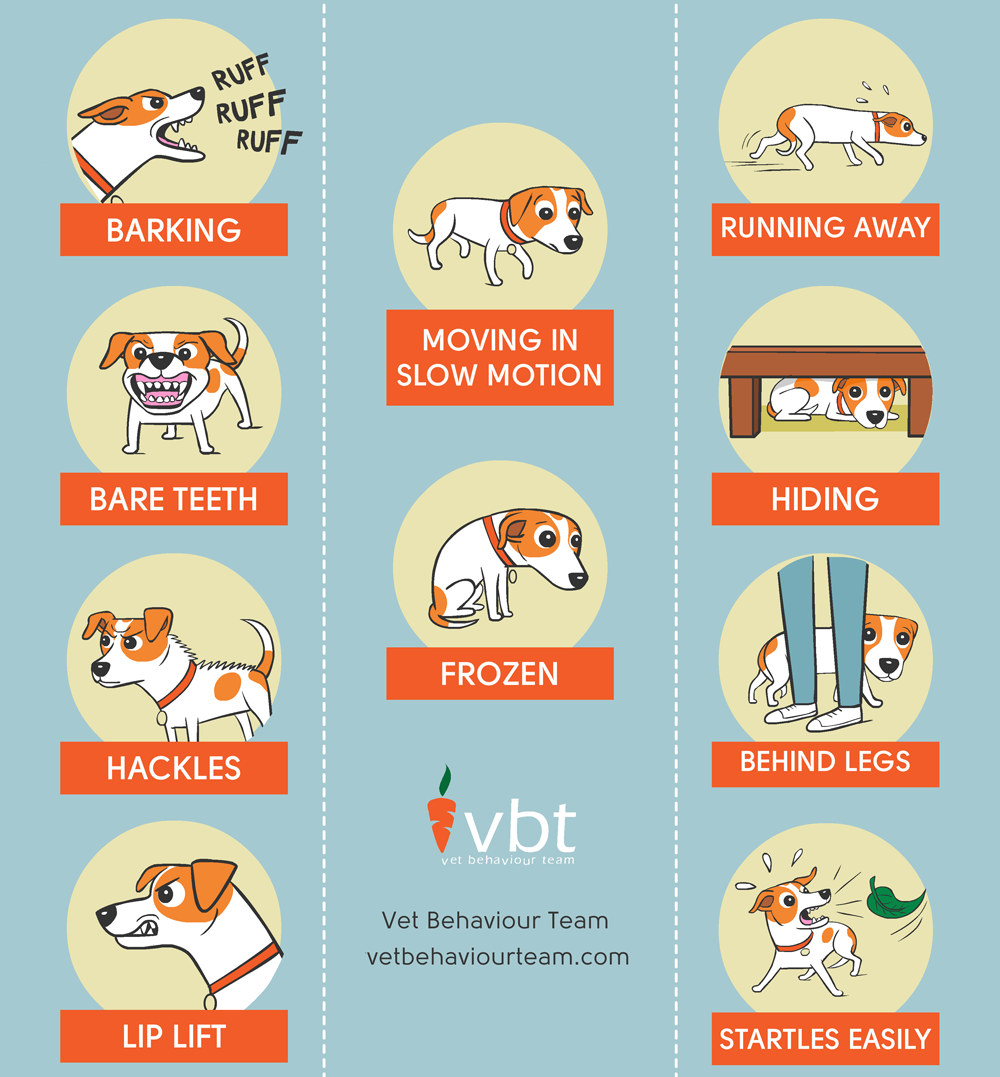How Dog Daycare Helps With Social Development
How Dog Daycare Helps With Social Development
Blog Article
Can Pet Childcare Reason Disease?
Dogs in childcare get lots of workout, socializing with other pets and special experiences. This can be especially valuable for puppies and dogs with behavior problems.
There are numerous legal considerations you need to take into consideration when beginning a dog daycare company. These consist of the structure of your service and conformity with federal government laws.
1. Pooch Distemper
Canine distemper is spread out via straight contact with the physical fluids and waste of an infected dog, but it can also be transferred through common water and food bowls or with air-borne beads. This extremely infectious health problem is most hazardous for young puppies, however it can influence pets of any kind of age and is deadly for most if left untreated.
Initial signs of canine distemper typically simulate a cold, consisting of drippy eyes and nose with watery or pus-like discharge. As the illness advances, a pet dog will establish fever, coughing, decreased hunger, vomiting and diarrhea. The virus can also attack the nervous system, resulting in seizures, twitching and partial or complete paralysis.
Trusted daycares reduce direct exposure to infection by calling for inoculations, regular health examinations and adhere to stringent health procedures. If your pup seems overly weary or hopping, a day off might assist him recover, but you need to stay clear of taking him back to day care until these symptoms clear up.
2. Kennel Coughing
Kennel coughing, likewise known as infectious canine tracheobronchitis or Bordetella, is a very transmittable viral or microbial illness that affects the respiratory system. It's generally moved with the exchange of saliva or air droplets that a sick dog breathes out. Social pet dogs go to higher risk for infection due to their constant communication with one another, such as when they play, share food or water, sniff one another or merely satisfy in a congested environment like a dog park or daycare.
One of the most typical symptom of kennel cough is a relentless and strong cough that sounds like something embeded the throat or retching. Usually, pet dogs will cough up foamy white phlegm. If left without treatment, a canine can develop pneumonia and go to severe danger for life.
A reliable childcare center ought to have strict cleansing and cleanliness methods, sterilize all toys, food and water bowls consistently, and be open concerning their vaccination plans. Maintaining your dog approximately date on their inoculations, particularly for bordetella and canine influenza, will substantially decrease their chances of getting the disease.
3. Parvovirus
Canine parvovirus, or parvo, is a highly transmittable viral health problem that can be fatal for puppies and young person dogs with inadequate immune systems. It's most commonly spread out by direct contact with infected pet dog feces-- which can take place when pet dogs smell, lick, or taste contaminated feces-- and indirectly from polluted people, items, or environments (like kennels, brushing rooms and grass). Young puppies and pets without total inoculation backgrounds are especially prone to parvo.
The virus is very resilient, enduring in the atmosphere for approximately nine years, and can conveniently be transferred between pet dogs by contact via feces or on shoes, garments, and bedding polluted with parvovirus. If not treated immediately with IV liquids, electrolyte balance, vomiting control drugs and prescription antibiotics to prevent additional microbial infections, a canine will swiftly dehydrate and establish extreme looseness of the bowels, which brings about shock and sepsis. Parvo is tough to cure as soon as a pet dog has come to be ill, but with ideal veterinary treatment, numerous pups do survive this ailment.
4. Canine Flu
Canine flu virus is very contagious and spreads through straight contact, sharing food and water bowls, licking or nuzzling other pets, through air-borne beads, and with contaminated surfaces. Inoculation is effective in lowering the risk of infection and break outs.
The majority of impacted dogs establish a light respiratory infection with a coughing that lasts 1-3 weeks. They might also have nasal and eye discharge, sneezing, and sleepiness. Some of the most significant cases lead to pneumonia and a high fever.
If your pet exhibits any one of these symptoms, do not bring them back to day care till they are healthy. If your canine is revealing indicators of extreme tiredness or hopping, talk to your vet as soon as possible and make sure they are on health supplements to aid build their immunity. A vet will certainly assess your canine for signs and symptoms of the flu by dog boarding and training near me taking a sample from the nose or throat, and blood examinations can be done to validate.